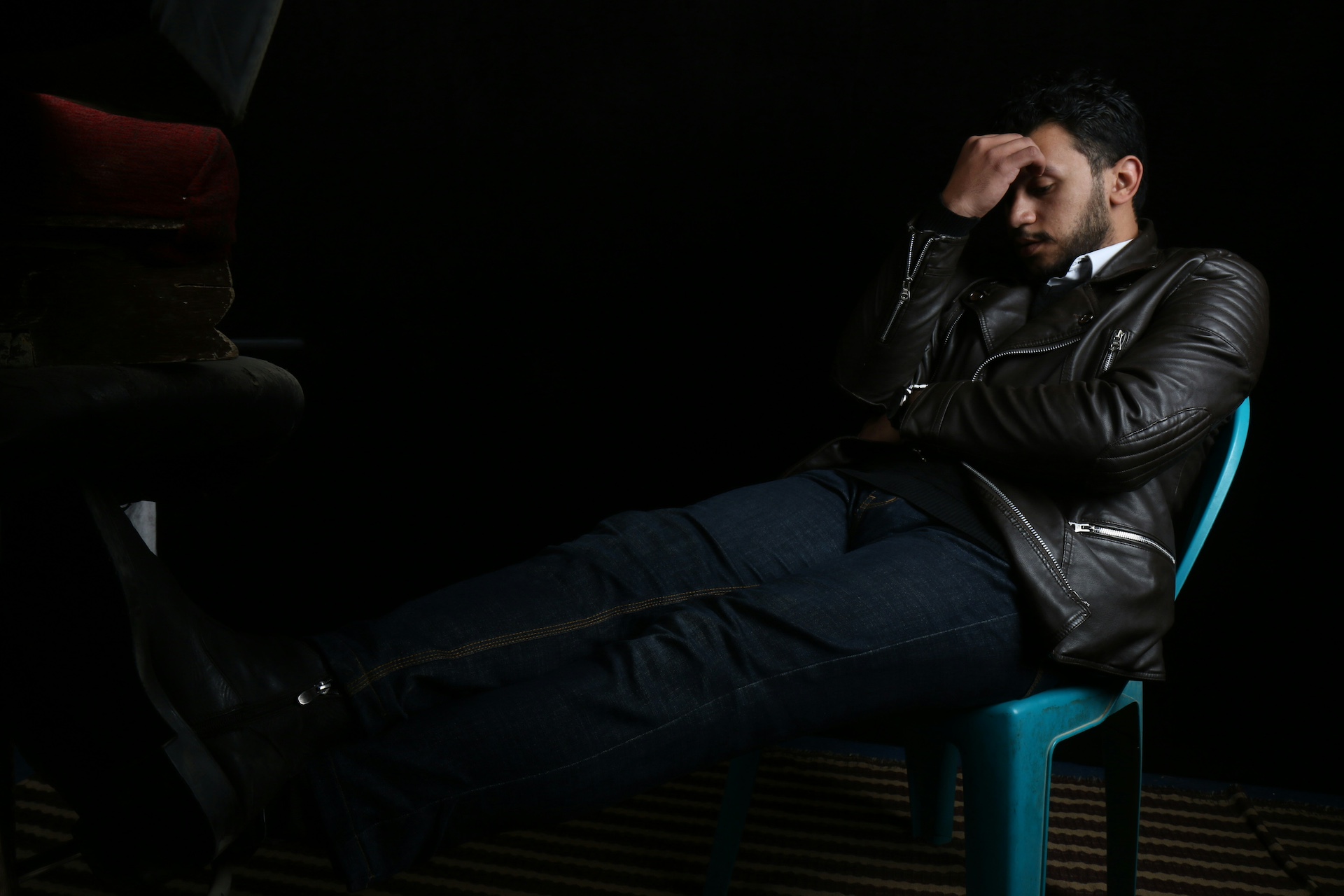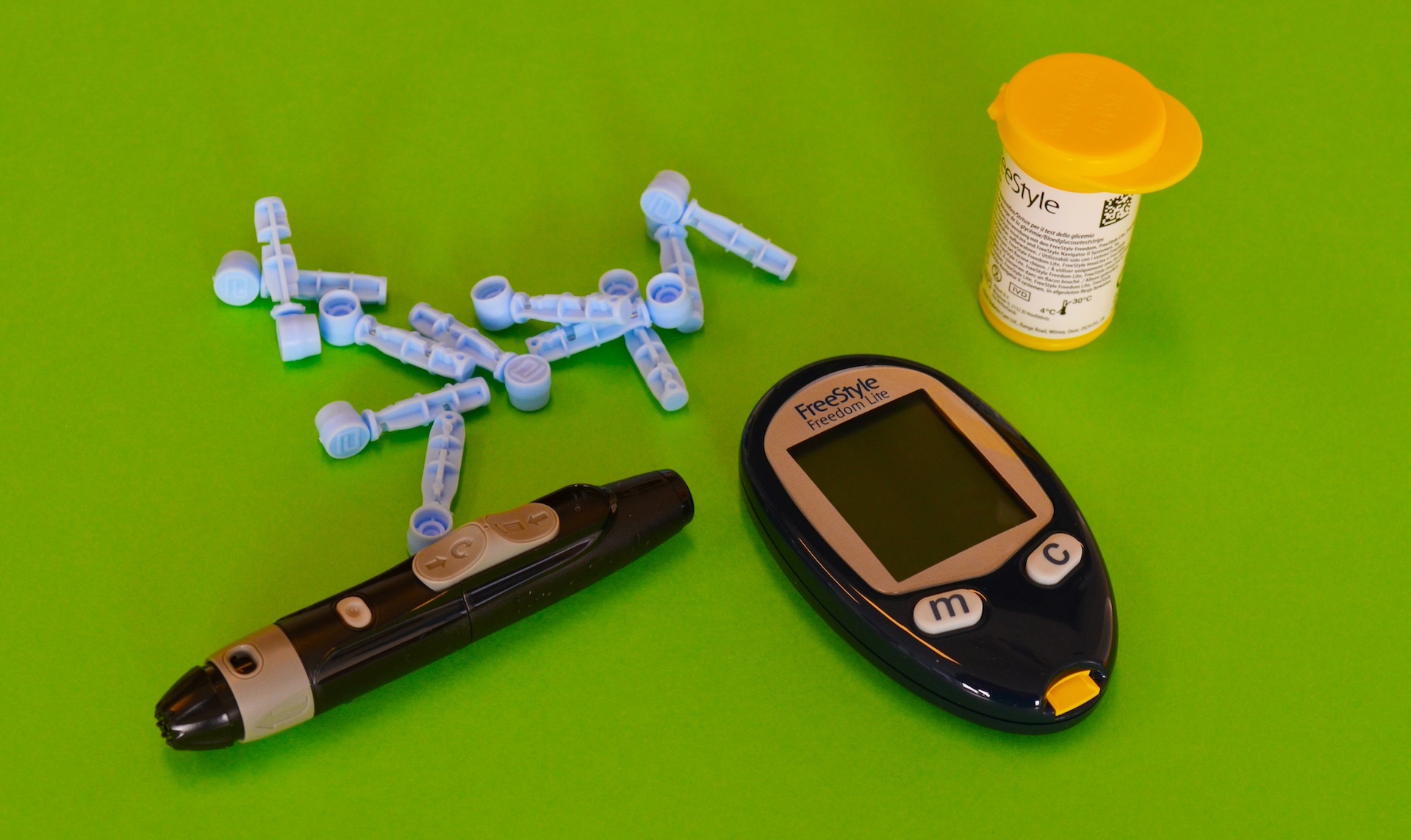What is the main cause of fissure?
What is the main cause of fissure?
If you’ve been experiencing pain while passing stool or noticing bright red blood, it can feel alarming. But don’t worry—you are not alone, and help is available. At Chellaram Hospital Pune, we’ve supported countless patients through similar symptoms, and it often turns out to be a condition called an anal fissure. Though it might sound worrisome, this is a common and manageable issue, especially with early care and small lifestyle changes.
Let's explore what an anal fissure is, its causes, and how you can treat and prevent it to feel better sooner.
What is an Anal Fissure?
Put simply, an anal fissure is a small tear in the lining of the anal canal—this is the last part of your digestive system that allows stool to exit the body. Because this area is delicate, a tear can cause sharp or burning pain, especially during or after bowel movements.
Common Symptoms to Watch Out For
- Pain during or after using the toilet, often described as sharp or stinging.
- Bright red blood visible on the toilet paper or in the toilet.
- Itching or irritation in the anal area.
- Sometimes, you might even notice a small crack or tear near the anus if you inspect closely.
If these symptoms sound familiar, keep in mind that most anal fissures are minor and heal well with simple measures. Addressing them early is key to preventing lingering discomfort.
What Causes an Anal Fissure?
The primary culprit behind an anal fissure is passing hard or large stools. Constipation is a chief cause; when you strain during a bowel movement, the hard stool can stretch and injure the delicate lining of the anal canal.
But hard stools are not the only thing that can lead to a fissure. Other common causes include:
- Chronic diarrhoea – Frequent loose stools can irritate the sensitive anal area.
- Prolonged constipation – Repeated attempts to pass stool can add stress to the anal lining.
- Childbirth – Vaginal delivery can put pressure on the rectal area, sometimes leading to tears.
- Anal sphincter muscle tightness – When these muscles around the anus are too tight, blood circulation may decrease, slowing down the healing of minor tears.
Additionally, conditions like Crohn’s disease, which causes chronic inflammation in the digestive tract, or ulcerative colitis, can increase the likelihood of developing fissures. Injury from activities like anal intercourse or insertion of foreign objects is less common but still relevant to consider.
Who is at Risk?
While anyone can develop an anal fissure, certain factors increase the chance.
- Age: Fissures are especially common in infants but can also peak during middle age.
- Diet: Low-fibre diets, which lead to hard stools, are a significant contributor.
- Hydration: Not drinking enough water also leads to drier, harder stools.
- Lifestyle: Sedentary habits and ignoring the urge to pass stool can both add to the risk.
How Do Doctors Diagnose an Anal Fissure?
Anal fissures are usually easy to diagnose through a clinical review of symptoms and a gentle physical examination of the anal area. For cases that persist or keep coming back, your doctor might suggest more detailed tests like an anoscopy, where a small device is used to inspect the anal canal. If other conditions like inflammatory bowel disease (IBD) are suspected, procedures like a sigmoidoscopy or colonoscopy might be recommended. These tests allow closer examination of your digestive tract.
At Chellaram Diabetes & Multispecialty Hospital Pune, we approach the diagnosis with care and sensitivity, ensuring your comfort during the process.
Treatment Options
The good news? Many anal fissures heal on their own with basic at-home or conservative treatments. Here's how you can treat them effectively.
Home-Based Remedies
- Fibre-Rich Diet: Load up on fruits, vegetables, whole grains, and legumes to soften stools and promote regularity.
- Stool Softener: Over-the-counter options like psyllium or methylcellulose can help ease the strain.
- Warm Sitz Baths: Sitting in warm water for 10-15 minutes after bowel movements can ease pain and promote healing.
- Topical Ointments: Numbing agents or vasodilators like lidocaine or nifedipine cream can reduce discomfort and improve blood flow.
- Stay Hydrated: Drink at least 8–10 glasses of water daily to keep stools soft.
Medical Treatments
For fissures that don’t heal with home remedies, medical treatments can offer relief.
- Prescription ointments to relax the anal sphincter muscles and improve blood flow.
- Pain relief medications for cases with significant discomfort.
Surgical Options
For chronic fissures that don’t respond to conservative measures, advanced interventions like Botox injections or a procedure called lateral internal sphincterotomy can help. The latter involves making a small cut in the anal sphincter muscle to reduce tension and aid healing. While surgery can sound intimidating, it’s minimally invasive and highly effective for persistent cases.
Can Fissures Be Prevented?
Preventing fissures often comes down to developing healthy bowel habits. Some tips include:
- High-Fibre Diet: Aim to eat plenty of high-fibre foods daily.
- Hydration: Keep your water intake consistent to prevent hard stools.
- Physical Activity: Regular exercise encourages smoother bowel movements.
- Avoid straining during toilet time—it’s important not to delay the urge to pass stool.
- Good Anal Hygiene: Clean gently with water post-bowel movement, avoiding harsh soaps.
Small everyday changes like these can make a big difference in keeping your digestive health on track.
When to Consult a Doctor
While most fissures heal with conservative care, it’s essential to see a doctor if symptoms persist for more than a couple of weeks, or if you notice recurring pain or bleeding. Warning signs of infection, such as swelling, pus, or fever, should also be addressed immediately. If a deeper issue like Crohn’s disease or ulcerative colitis is suspected, seeking medical advice is crucial.
At Chellaram Diabetes & Multispecialty Hospital, our team is experienced in diagnosing and treating anal fissures, offering advanced Fissure Treatment in Pune, as well as identifying any related conditions to ensure your health is restored quickly.
Frequently Asked Questions (FAQs)
What are the common symptoms of anal fissures?
Common symptoms include sharp pain during bowel movements, visible blood on toilet paper or stool, and discomfort or itching in the anal area.
Can anal fissures heal on their own?
Yes, minor anal fissures often heal within a few weeks with proper care, including a high-fibre diet, hydration, and avoiding strain during bowel movements.
Are anal fissures contagious?
No, anal fissures are not contagious as they are typically caused by physical factors like constipation or trauma, not infections.
What lifestyle changes can help prevent anal fissures?
Maintaining a diet rich in fibre, drinking plenty of water, and engaging in regular physical activity can help prevent constipation and reduce the risk of fissures.
How do I differentiate anal fissures from haemorrhoids?
Anal fissures usually cause sharp pain during bowel movements and are linear tears, while haemorrhoids are swollen veins that may cause bulging and itchiness around the anus. Consulting a doctor can confirm the diagnosis.
Final Thoughts
Anal fissures, though painful, are common and treatable. Simple lifestyle changes and early care can heal most fissures and keep them from coming back. For chronic or severe cases, effective medical options are available.
Remember, you don’t have to endure the discomfort silently. The team at Chellaram Diabetes & Multispecialty Hospital Pune is here to provide the care you need to feel better and regain your comfort and confidence. If you’re dealing with symptoms, reach out today—we’re here to help.
Related Blogs
Expertise you can trust: Meet our esteemed doctors who bring exceptional knowledge, compassion, and innovation to provide top-notch care for your health and well-being.










